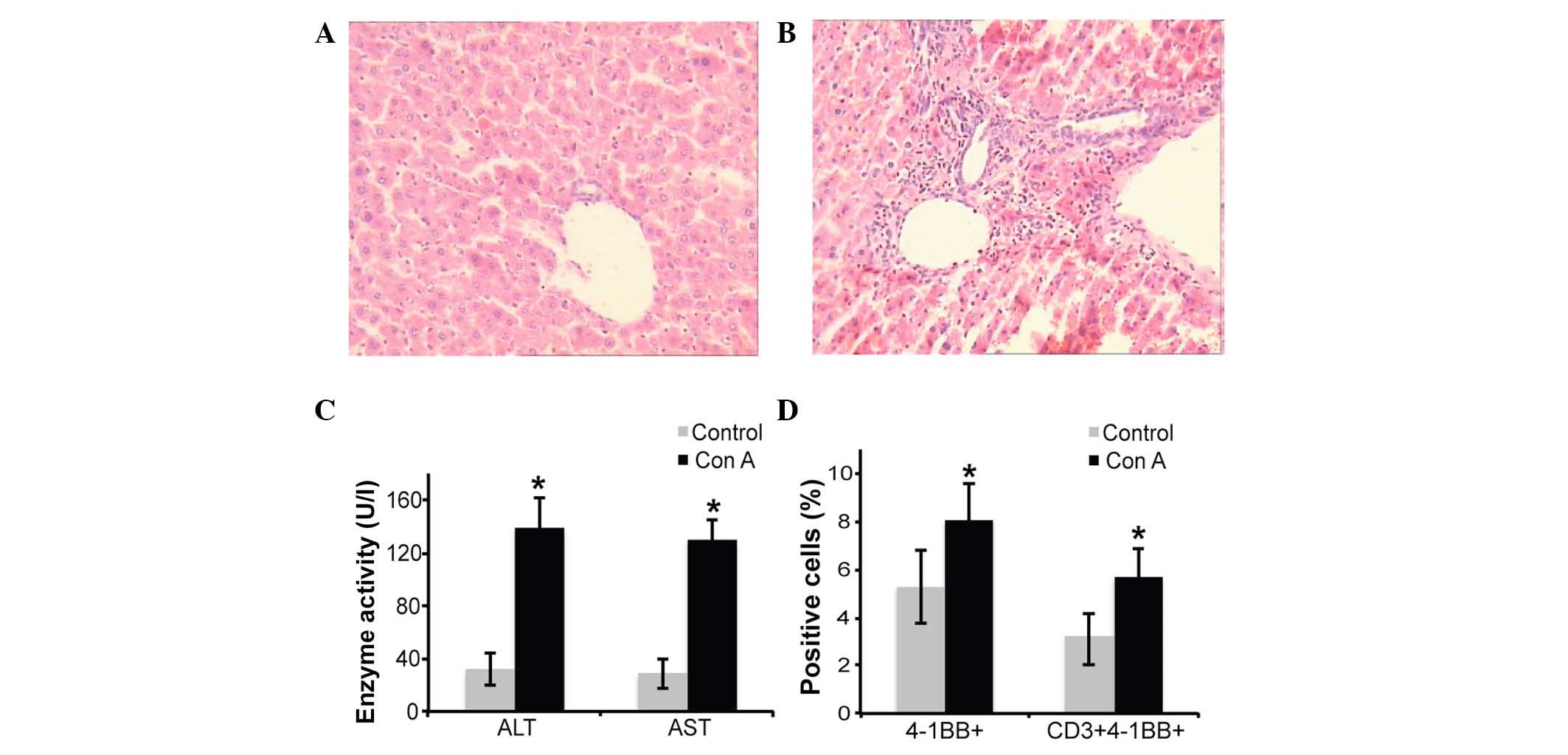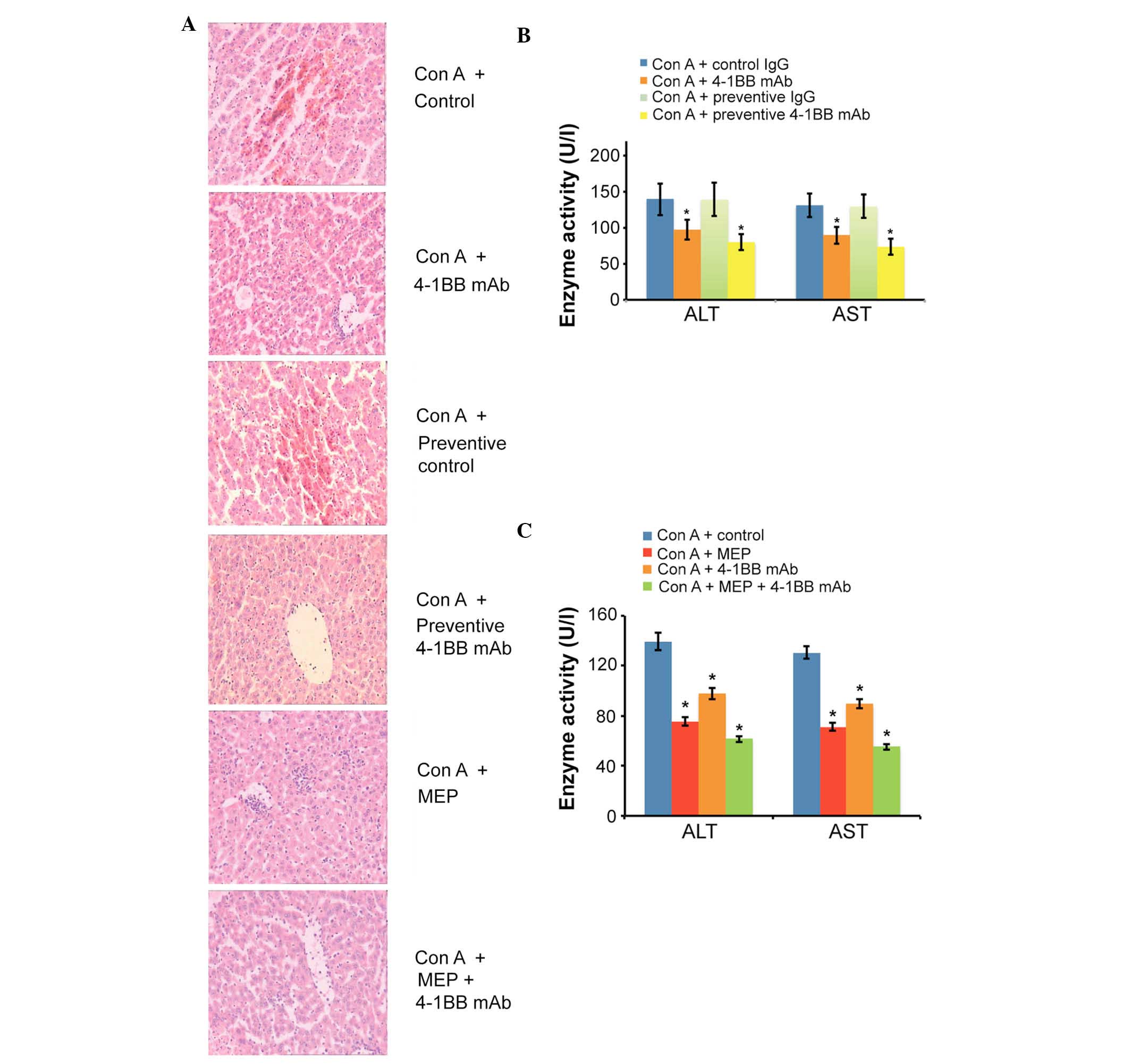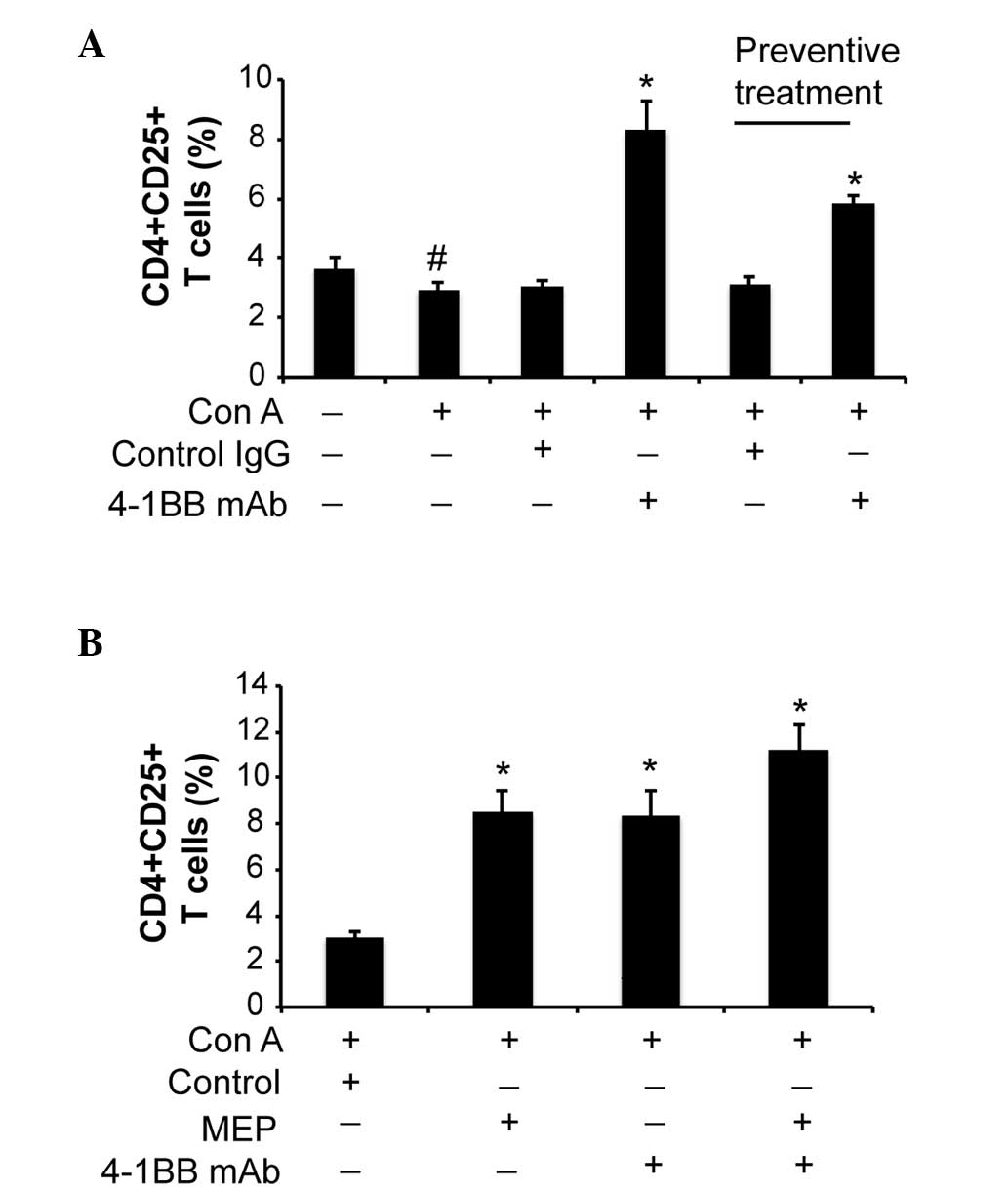|
1
|
Kremer AE, Rust C, Eichhorn P, Beuers U
and Holdenrieder S: Immune-mediated liver diseases: Programmed cell
death ligands and circulating apoptotic markers. Expert Rev Mol
Diagn. 9:139–156. 2009. View Article : Google Scholar : PubMed/NCBI
|
|
2
|
Baier JL and Mattner J: Mechanisms of
autoimmune liver disease. Discov Med. 18:255–263. 2014.PubMed/NCBI
|
|
3
|
Lleo A, Invernizzi P, Mackay IR, Prince H,
Zhong RQ and Gershwin ME: Etiopathogenesis of primary biliary
cirrhosis. World J Gastroenterol. 14:3328–3337. 2008. View Article : Google Scholar : PubMed/NCBI
|
|
4
|
Levy C and Lindor KD: Primary sclerosing
cholangitis: Epidemiology, natural history and prognosis. Semin
Liver Dis. 26:22–30. 2006. View Article : Google Scholar : PubMed/NCBI
|
|
5
|
Krawitt EL: Autoimmune hepatitis. N Engl J
Med. 354:54–66. 2006. View Article : Google Scholar : PubMed/NCBI
|
|
6
|
Hagymási K and Tulassay Z: Review of
overlap syndromes in autoimmune liver diseases. Diagnostic and
therapeutic difficulties. Orv Hetil. 154:923–929. 2013.(In
Hungarian). View Article : Google Scholar : PubMed/NCBI
|
|
7
|
Krawitt EL: Clinical features and
management of autoimmune hepatitis. World J Gastroenterol.
14:3301–3305. 2008. View Article : Google Scholar : PubMed/NCBI
|
|
8
|
Vinay DS and Kwon BS: Role of 4-1BB in
immune responses. Semin Immunol. 10:481–489. 1998. View Article : Google Scholar : PubMed/NCBI
|
|
9
|
Kwon BS and Weissman SM: cDNA sequences of
two inducible T-cell genes. Proc Natl Acad Sci USA. 86:1963–1967.
1989. View Article : Google Scholar : PubMed/NCBI
|
|
10
|
DeBenedette MA, Wen T, Bachmann MF, Ohashi
PS, Barber BH, Stockling KL, Peschon JJ and Watts TH: Analysis of
4-1BB ligand (4-1BBL)-deficient mice and of mice lacking both
4-1BBL and CD28 reveals a role for 4-1BB in skin allograft
rejection and in the cytotoxic T cell response to influenza virus.
J Immunol. 163:4833–4841. 1999.PubMed/NCBI
|
|
11
|
Tan JT, Whitmire JK, Ahmed R, Pearson TC
and Larsen CP: 4-1BB ligand, a member of the TNF family, is
important for the generation of antiviral CD8 T cell responses. J
Immunol. 163:4859–4868. 1999.PubMed/NCBI
|
|
12
|
Tan JT, Whitmire JK, Murali-Krishna K,
Ahmed R, Altman JD, Mittler RS, Sette A, Pearson TC and Larsen CP:
4-1BB costimulation is required for protective anti-viral immunity
after peptide vaccination. J Immunol. 164:2320–2325. 2000.
View Article : Google Scholar : PubMed/NCBI
|
|
13
|
Kwon BS, Hurtado JC, Lee ZH, Kwack KB, Seo
SK, Choi BK, Koller BH, Wolisi G, Broxmeyer HE and Vinay DS: Immune
responses in 4-1BB (CD137)-deficient mice. J Immunol.
168:5483–5490. 2002. View Article : Google Scholar : PubMed/NCBI
|
|
14
|
Saito K, Mori S, Date F and Ono M:
Sjögren's syndrome-like autoimmune sialadenitis in MRL-Faslpr mice
is associated with expression of glucocorticoid-induced TNF
receptor-related protein (GITR) ligand and 4-1BB ligand.
Autoimmunity. 46:231–237. 2013. View Article : Google Scholar : PubMed/NCBI
|
|
15
|
Martínez Gómez JM, Croxford JL, Yeo KP,
Angeli V, Schwarz H and Gasser S: Development of experimental
autoimmune encephalomyelitis critically depends on CD137 ligand
signaling. J Neurosci. 32:18246–18252. 2012. View Article : Google Scholar : PubMed/NCBI
|
|
16
|
Jung HW, Choi SW, Choi JI and Kwon BS:
Serum concentrations of soluble 4-1BB and 4-1BB ligand correlated
with the disease severity in rheumatoid arthritis. Exp Mol Med.
36:13–22. 2004. View Article : Google Scholar : PubMed/NCBI
|
|
17
|
Liu GZ, Gomes AC, Putheti P, Karrenbauer
V, Kostulas K, Press R, Hillert J, Hjelmström P and Gao XG:
Increased soluble 4-1BB ligand (4-1BBL) levels in peripheral blood
of patients with multiple sclerosis. Scand J Immunol. 64:412–419.
2006. View Article : Google Scholar : PubMed/NCBI
|
|
18
|
Haga T, Suzuki J, Kosuge H, Ogawa M, Saiki
H, Haraguchi G, Maejima Y, Isobe M and Uede T: Attenuation of
experimental autoimmune myocarditis by blocking T cell activation
through 4-1BB pathway. J Mol Cell Cardiol. 46:719–727. 2009.
View Article : Google Scholar : PubMed/NCBI
|
|
19
|
Choi BK, Asai T, Vinay DS, Kim YH and Kwon
BS: 4-1BB-mediated amelioration of experimental autoimmune
uveoretinitis is caused by indoleamine 2,3-dioxygenase-dependent
mechanisms. Cytokine. 34:233–242. 2006. View Article : Google Scholar : PubMed/NCBI
|
|
20
|
Sun Y, Lin X, Chen HM, Wu Q, Subudhi SK,
Chen L and Fu YX: Administration of agonistic anti-4-1BB monoclonal
antibody leads to the amelioration of experimental autoimmune
encephalomyelitis. J Immunol. 168:1457–1465. 2002. View Article : Google Scholar : PubMed/NCBI
|
|
21
|
Vinay DS, Kim JD and Kwon BS: Amelioration
of mercury-induced autoimmunity by 4-1BB. J Immunol. 7:5708–5717.
2006. View Article : Google Scholar
|
|
22
|
Sun RS, Sui JF, Chen XH, Ran XZ, Yang ZF,
Guan WD and Yang T: Detection of CD4+ CD25+ FOXP3+ regulatory T
cells in peripheral blood of patients with chronic autoimmune
urticaria. Australas J Dermatol. 52:e15–e18. 2011. View Article : Google Scholar : PubMed/NCBI
|
|
23
|
Kleczynska W, Jakiela B, Plutecka H,
Milewski M, Sanak M and Musial J: Imbalance between Th17 and
regulatory T-cells in systemic lupus erythematosus. Folia Histochem
Cytobiol. 49:646–653. 2011. View Article : Google Scholar : PubMed/NCBI
|
|
24
|
Sytwu HK, Lin WD, Roffler SR, Hung JT,
Sung HS, Wang CH, Cheng TL, Tsou SC, Hsi SC and Shen KL:
Anti-4-1BB-based immunotherapy for autoimmune diabetes: Lessons
from a transgenic non-obese diabetic (NOD) model. J Autoimmun.
21:247–254. 2003. View Article : Google Scholar : PubMed/NCBI
|

















